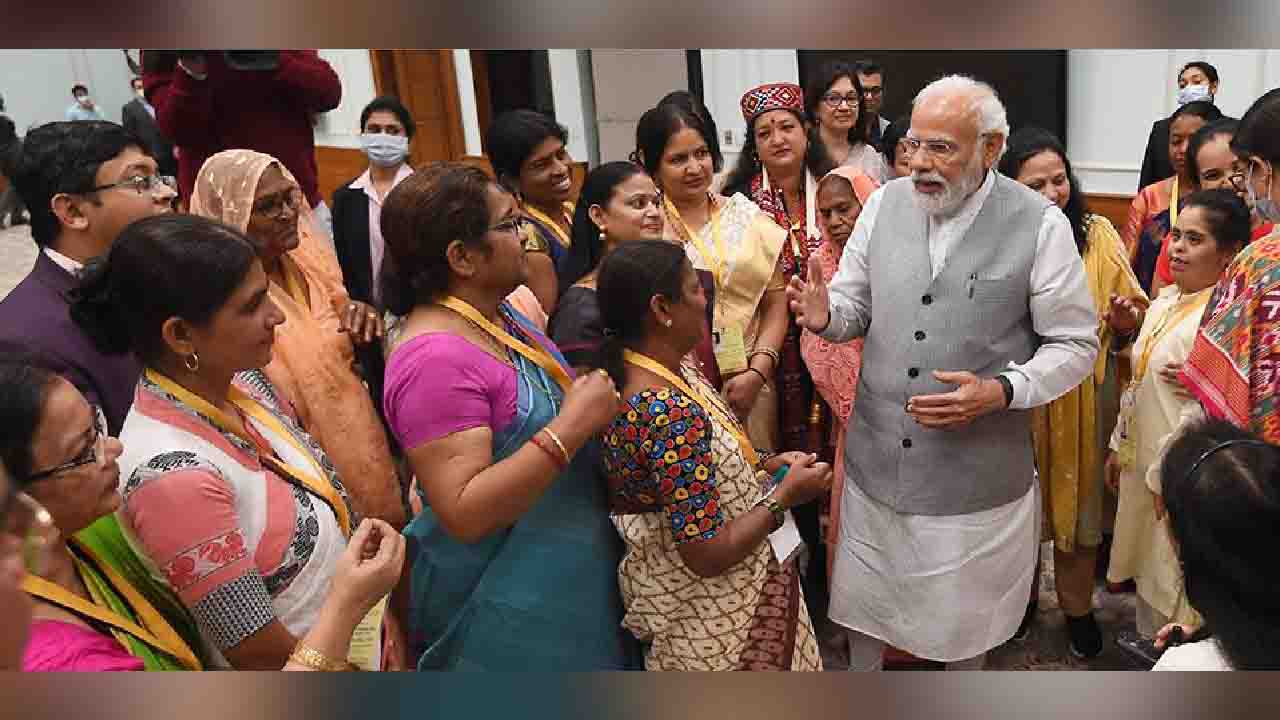Diaspora (Commonwealth Union) _ Rare earth elements (REEs) have become increasingly significant in the global technology sector, and nations like India, with a burgeoning technology industry, are facing a pressing challenge. This challenge stems from China’s dominant position in the REE market, controlling over 80-90% of global production. Such dependence on their eastern neighbor leaves countries like India in an uncomfortable position, vulnerable to supply disruptions and geopolitical pressures.
One potential solution lies in exploring Africa’s vast and underexplored REE reserves. Despite the continent’s rich deposits, the lack of technology and investment has hindered its development in this sector. However, the narrative is gradually changing, with China increasingly asserting its influence in Africa’s REE industry. Nevertheless, China’s involvement often comes with a hidden cost, exemplified by its infamous “debt-trap diplomacy” that ensnares economically vulnerable nations in perpetual debt cycles.
In contrast to China’s approach, India has long pursued a non-extractive and sustainable approach in its engagements. India’s External Affairs Minister, S. Jaishankar, recently reaffirmed the country’s non-expansionist and inclusive approach towards Africa. This presents an opportunity for India to strategically reposition itself as the preferred partner for Africa, offering a more sustainable and mutually beneficial relationship.
One often overlooked aspect of India’s connection with Africa is its vibrant Indian diaspora, which numbers over 3 million individuals. This diaspora is integrated into Africa’s socioeconomic fabric, actively contributing to trade, manufacturing, and services sectors. Drawing inspiration from examples like the Chinese and Jewish diasporas, which have significantly contributed to their respective home countries’ economic prosperity, India can leverage its diaspora in Africa to safeguard its REE interests.
However, India’s outreach to its African diaspora has been lackluster and requires a strategic overhaul. Recent discussions between India’s minister for commerce and industry and ambassadors from 15 African nations indicate a promising departure from the status quo. While negotiating free trade agreements with African nations demonstrates an assertive stance, more concrete steps are needed.
India’s bilateral trade with Africa, currently dominated by sectors like agribusiness, petroleum products, and pharmaceuticals, needs to be redirected towards the untapped potential of the REE sector. To achieve this, India should incentivize its diaspora through measures such as tax breaks, low-interest loans, and investment guarantees to address concerns over political and economic instability. Furthermore, the Indian government can establish a bilateral business council that facilitates investment in the REE sector by the Indian diaspora. Negotiating agreements with African governments to ensure legal and logistical support for Indian businesses venturing into the mining sector would be instrumental.
However, a diaspora-centric approach is not solely about hard incentives. It also necessitates soft power initiatives that strengthen cultural bonds and foster mutual understanding. India should invest in cultural exchanges, educational collaborations, and research partnerships with African nations to build a solid foundation for a long-term strategic relationship.
India’s Africa policy is undoubtedly progressing, but a more robust, diaspora-centric strategy is crucial. By tapping into the potential of its diaspora, India can secure its strategic interests in the global REE landscape while presenting a sustainable alternative to China’s expansionist tendencies. Moreover, by nurturing relationships that promote inclusive growth, job creation, and strategic security, India can cement its position as a reliable and valuable partner to Africa.
In conclusion, a strategic reshaping of India’s Africa policy is necessary to fully harness the potential of its diaspora in Africa. The Indian diaspora is not just a demographic statistic; it represents a vital strategic asset. By utilizing this resource effectively, India can unlock new avenues for engagement in Africa’s REE sector, creating a win-win scenario that promotes economic prosperity, job creation, and strategic security.








